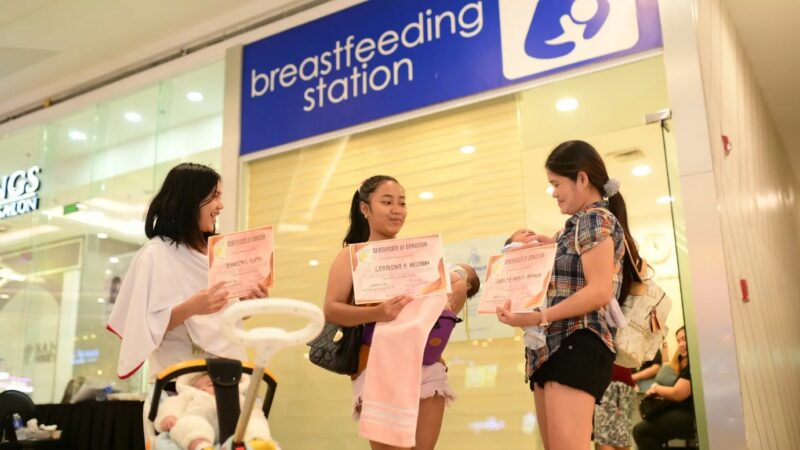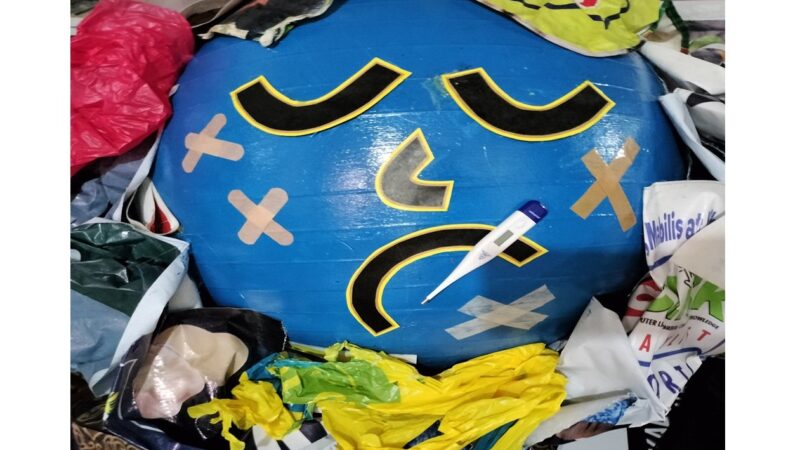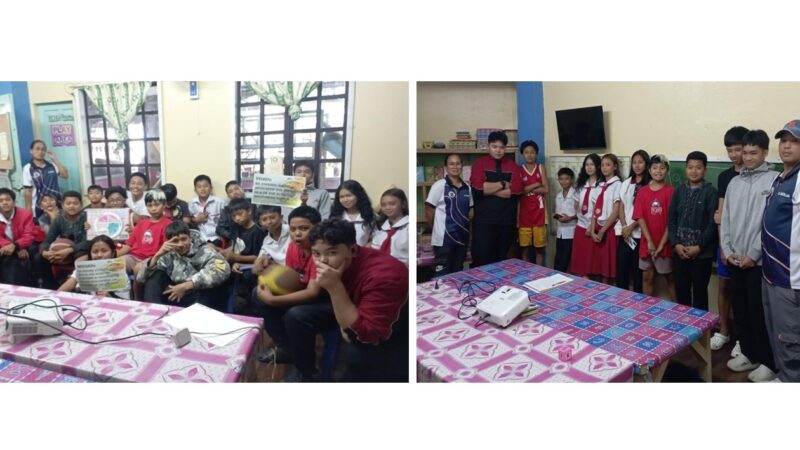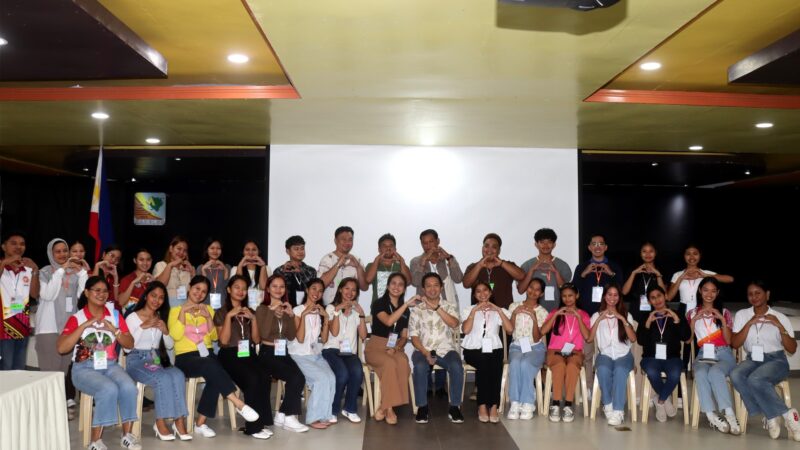HIV-AIDS cases still on the rise

The Baguio City Health Services Office said that the increasing trend of cases of human immunodeficiency virus-acquired immunodeficiency syndrome (HIV-AIDS) continues in the city.
The Reproductive Health & Wellness Center (RHWC) of the CHSO under Dr. Kea Ville Basbasan said this assessment is based on the trend established in community outreach programs for HIV-AIDS where targeted community based testings are conducted and reactive cases are captured.
The RHWC said that in one community-based testing conducted during one major tourism event in the city alone, the city diagnosed a total of 13 patients albeit not all were permanent residents of the city.
Based on this experience and the trend in the national level, it can be deduced that cases continue to rise.
The national data offer a grimmer picture: In 2021, the average number of daily cases was 34 per day for the whole year but this year from January to March alone, the average has risen to 39 cases a day.
In Baguio, a total of 494 HIV/AIDS cases had been recorded since 1984 up to February 2022, the latest seven were diagnosed February this year. A total of 25 had expired.
Of the infected individuals, 464 were males and 30 were females, with ages ranging from less than 15 to above 50 and majority belonged to the 25-34 age group and with the median at 28, considered a vulnerable and risky age and having more purchasing power.
The most common mode of transmission were males having sex with males only with 276 cases; males having sex with males and females (128); male-female sex (81); unknown (6); mother-to-child (2); and blood transfusion (1).
Among the infected were 88 overseas Filipino workers.
Basbasan said based on the RHWC assessment, there is an increasing awareness on the HIV-AIDS risk among the populace but this is still below the desired level. Stigma and discrimination still remains to be high.
The CHSO’s institutionalized programs include continued information-education-communication (IEC) strategies, counseling, promotion and distribution preventive commodities such as condoms, lubricants and similar materials promoting safe sex and conduct of free community-based testing in partnership with different non-government organizations.
Free tests may be availed at the CSHO during office hours while outreach testing activities are being scheduled.
The office also provides assistance to diagnosed patients which includes the anti-retroviral therapy as well as free baseline laboratories (subject to availability). The RHWC reiterated the ABCs of HIV prevention: A-Abstinence, B-Be faithful (to one’s partner), C-use of condoms. – Aileen P. Refuerzo






